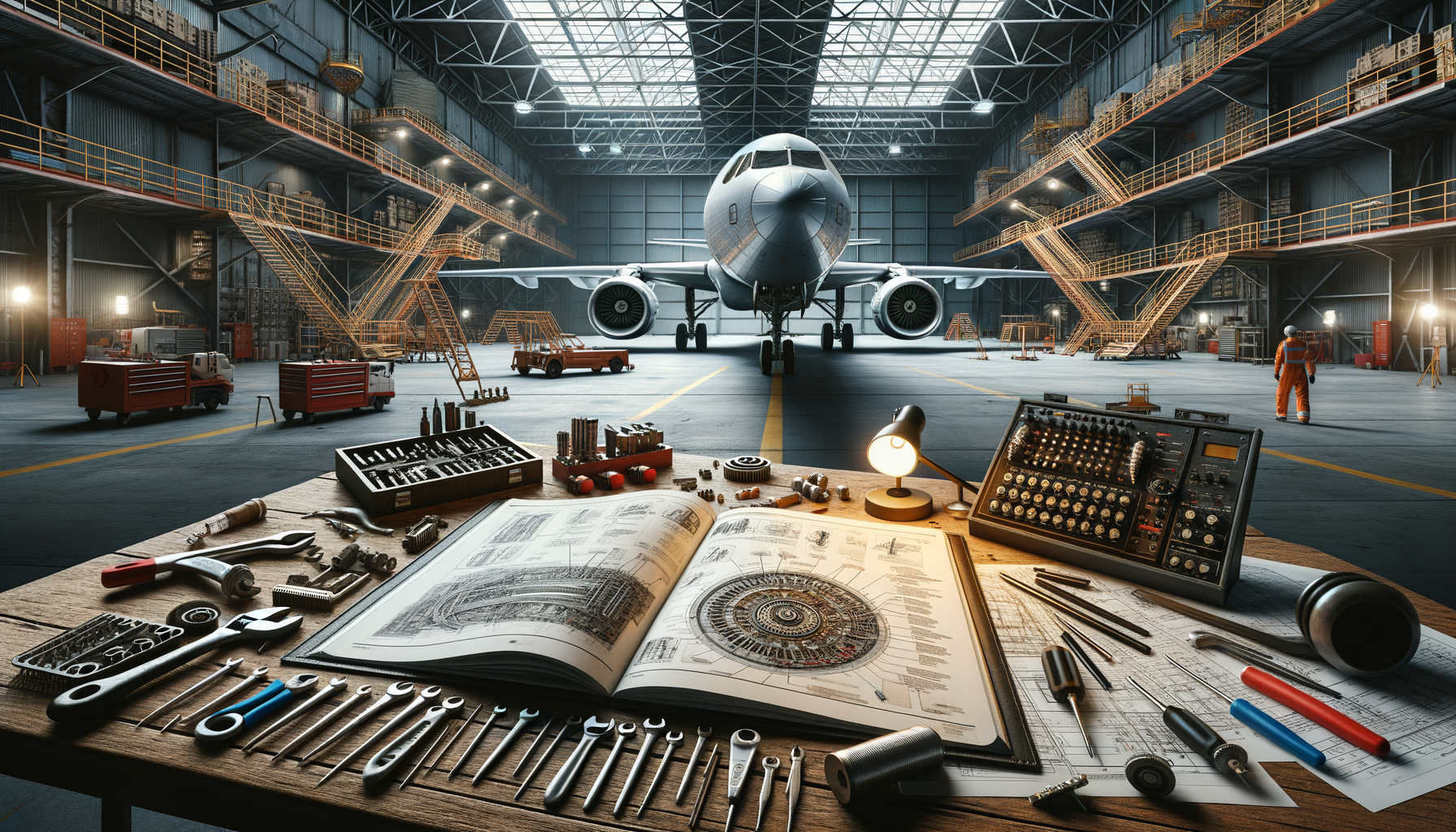Introduction to Aviation Maintenance Training
Aviation maintenance training is a vital component of the aviation industry, ensuring that aircraft are safe and efficient. With the increasing complexity of modern aircraft, the demand for skilled technicians is higher than ever. This training not only prepares individuals for a career in maintaining aircraft but also plays a crucial role in the overall safety and reliability of air travel.
The role of an aviation maintenance technician is multifaceted, involving the inspection, repair, and maintenance of aircraft to meet stringent safety standards. Training programs are designed to equip students with the knowledge and skills necessary to perform these tasks effectively. As the aviation industry continues to grow, so does the need for qualified maintenance personnel who can adapt to new technologies and regulations.
Comprehensive training programs cover a wide range of topics, from basic mechanical systems to advanced avionics. These programs are essential for anyone looking to pursue a career in the aviation maintenance field, offering both theoretical knowledge and practical experience.
Professional Aviation Maintenance Training Programs
Professional aviation maintenance training programs are structured to provide students with a thorough understanding of aircraft systems and maintenance procedures. These programs typically include a combination of classroom instruction and hands-on training, ensuring that students are well-prepared for the challenges of the job.
Key components of these programs often include:
- Basic and advanced aircraft systems
- Inspection and troubleshooting techniques
- Regulatory compliance and safety procedures
- Use of specialized tools and equipment
By participating in these programs, students gain the skills needed to perform routine maintenance, diagnose issues, and implement repairs. This training is crucial for maintaining the safety and efficiency of aircraft, as well as for meeting the regulatory requirements set by aviation authorities.
In addition to technical skills, these programs also emphasize the importance of soft skills such as communication, teamwork, and problem-solving. These skills are essential for working effectively in the often high-pressure environment of aviation maintenance.
Advanced Aircraft Systems Maintenance Training
As technology continues to evolve, so too does the complexity of aircraft systems. Advanced aircraft systems maintenance training is designed to keep technicians up-to-date with the latest advancements in aviation technology. This training focuses on the more intricate components of modern aircraft, such as avionics, electronics, and digital systems.
Participants in advanced training programs learn to work with:
- Advanced avionics systems
- Digital communication and navigation systems
- Integrated aircraft management systems
- Modern diagnostic tools and software
Such training is critical for technicians who wish to specialize in certain areas of aircraft maintenance or who are aiming to advance their careers. By understanding the latest technologies, technicians can ensure that aircraft operate at peak performance, contributing to the overall safety and efficiency of air travel.
Moreover, advanced training programs often include modules on leadership and management, preparing technicians for potential supervisory roles. This added layer of education helps to create well-rounded professionals who are not only technically proficient but also capable of leading teams and managing complex projects.




Leave a Reply